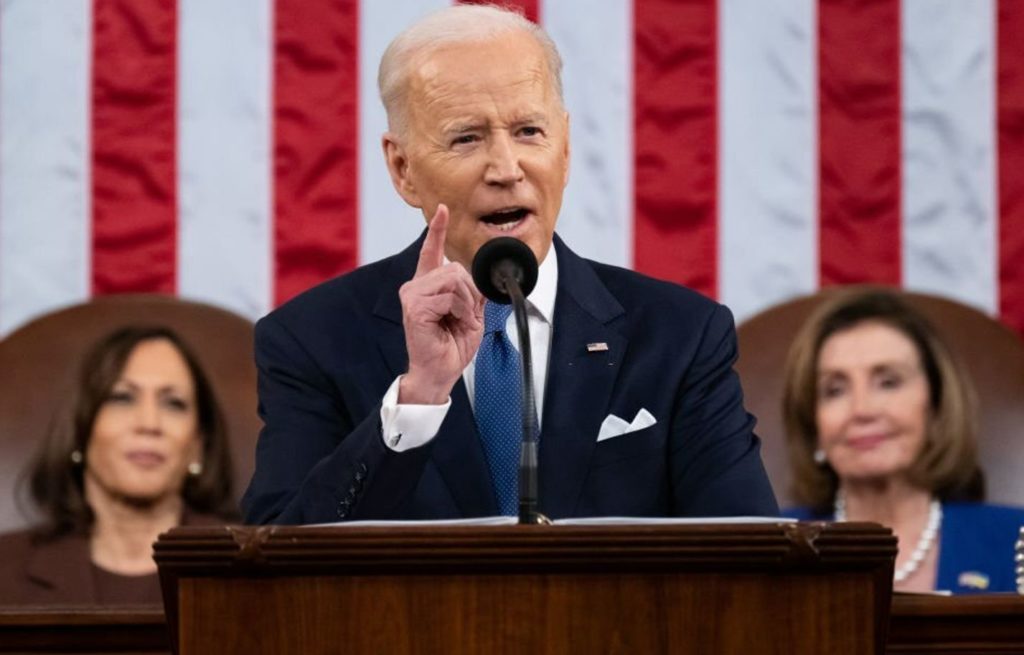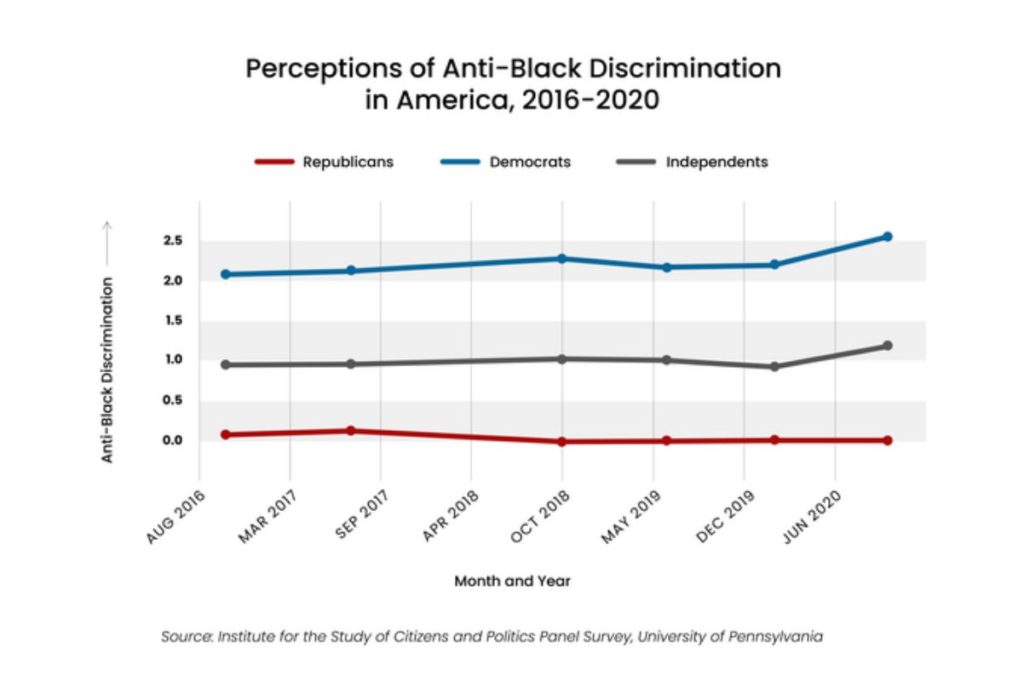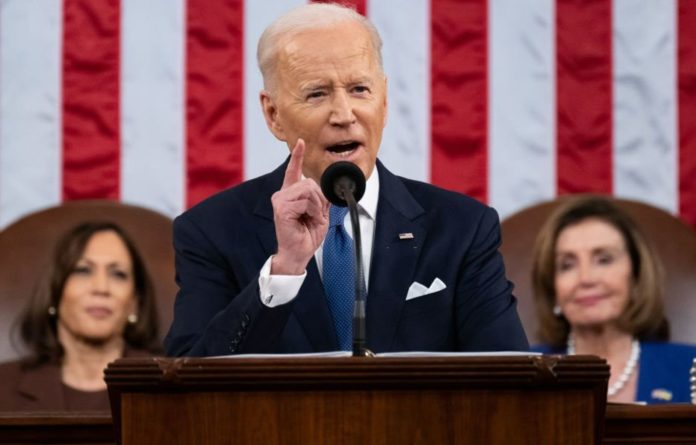As swing voters became more aware of prejudice against African-Americans, they were more likely to vote for the party they believed would best address the problem – Democrats.
When it came to the election for President of the United States, it was a bumpy ride: COVID-19 hit, terminating and upending lives and livelihoods, while the deaths of Ahmaud Arbery, George Floyd, and other Black Americans sparked widespread Black Lives Matter (BLM) rallies.

Much speculation has surrounded the impact of these historic events on the 2020 election, but a new study from the University of Pennsylvania provides the first evidence that the Black Lives Matter movement pushed swing voters toward Biden rather than Trump. Given Trump’s campaign’s emphasis on “law and order” and the absence of public support for defunding the police, many experts predicted that the BLM protests would sway swing voters toward him during the election. Increased knowledge of racism towards African-Americans, on the other hand, boosted Democratic support.
Concerns over COVID-19, as well as the resulting sharp decline in GDP, had minimal impact on voter decision, according to the study.

The Institute for the Study of Citizens and Politics (ISCAP) at Penn collected responses from more than 3000 random Americans in six nationally representative probability surveys from October 2012 to October 2020. Panelists who were reinterviewed from survey to survey were also included in the surveys. Author Diana C. Mutz, the Samuel A. Stouffer Professor of Political Science and Communication at Penn, was able to assess the types of opinion changes that predicted vote choice over time by comparing those who altered presidential vote preferences between 2016 and 2020.
In October 2016 and October 2020, more than 1,200 people completed ISCAP questionnaires, which captured their opinions and voting intentions soon before each election. In addition, Mutz was able to see which beliefs shifted right before the 2020 election thanks to a survey conducted in February 2020, just before COVID-19 and BLM became the focus of American media coverage.
During most of Trump’s presidency, people’s perceptions of discrimination against Black Americans stayed stable, but it increased dramatically among Democrats and Independents of all races between February and October 2020, when BLM protests took place. Throughout this time, Republicans remained steadfast in their opinion that anti-Black discrimination is no more prevalent than anti-white discrimination.
“Regardless of partisanship, Americans see Democrats as more likely to address racial justice issues than Republicans,” says Mutz. “By changing people’s assessments of the extent of ongoing racial discrimination against Blacks and the need for government to address these issues, BLM opened their eyes to what was going on, and encouraged consideration of racial issues on vote choice.”
Mutz also points out that around 90% of voters consistently vote with their party, with only about 10% of voters likely to switch their vote from one party to another. She concentrated on this group, discovering that as their awareness of racism towards Black people grew, so did their likelihood of voting for Biden. Many voters who supported third-party candidates in 2016 shifted to major party candidates in 2020, overwhelmingly favoring Biden.
Concerns about COVID-19 encouraged voters on both sides of the aisle to favor their own candidate more, but it had no substantial impact on Trump’s or Biden’s vote. Factors linked to COVID’s economic effects, according to Mutz, did not play a role. As public concern about COVID grew more political, the issue lost its power to influence vote choice and instead reinforced it.
Does this imply that BLM won the election? That question has yet to be answered.
While altering voter preferences in the popular vote were clearly linked to increased views of racial discrimination against Black people, the electoral college makes it difficult to ascertain how critical swing states were influenced.
People in battleground states were no more or less influenced by rising prejudice views than those in non-battleground states, according to Mutz. However, it is impossible to know the impact on the Electoral College without substantial samples inside each of those states.
Image Credit: Getty
You were reading: #BlackLivesMatter movement influenced voters more toward Biden in 2020 election than COVID
